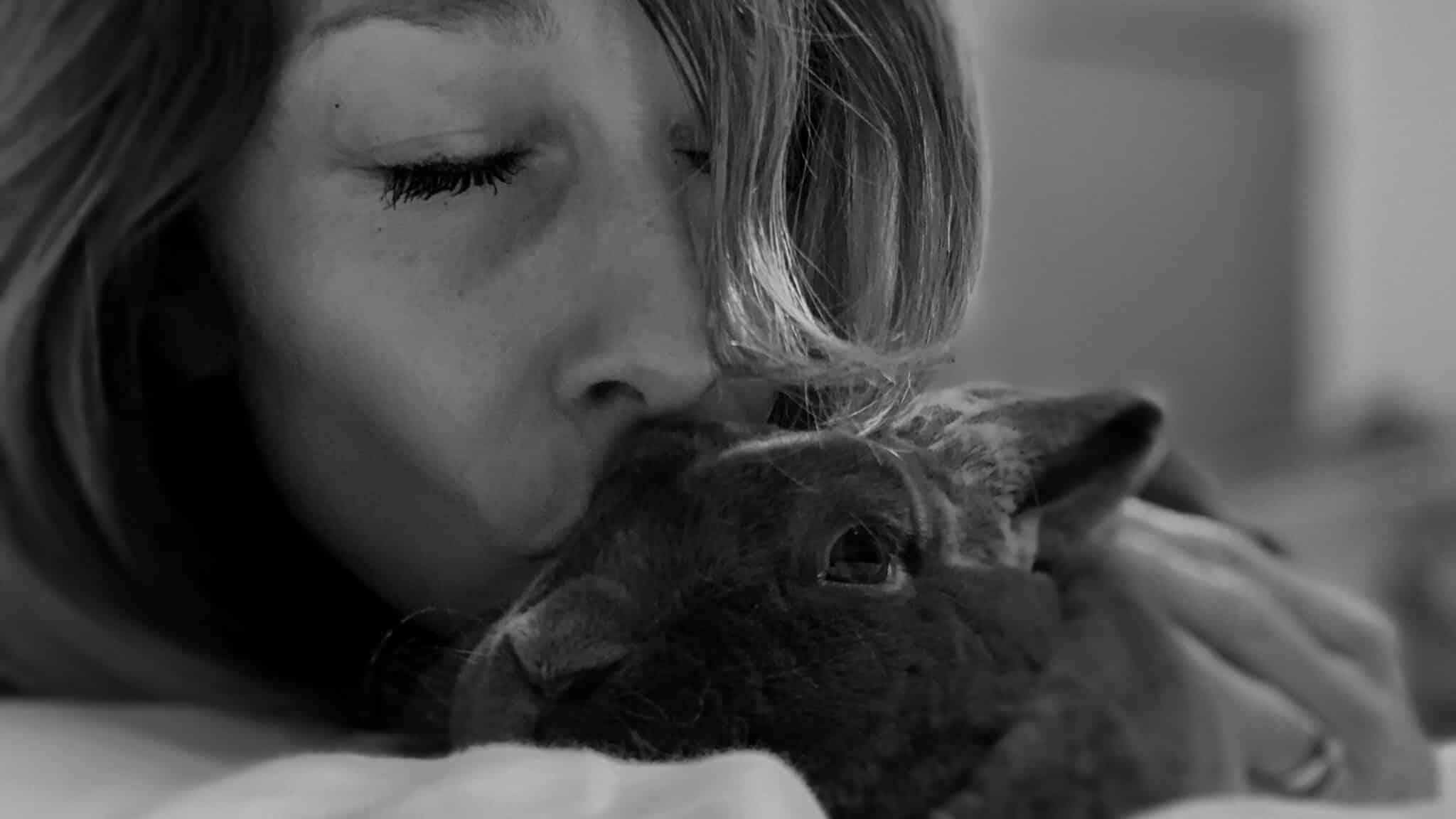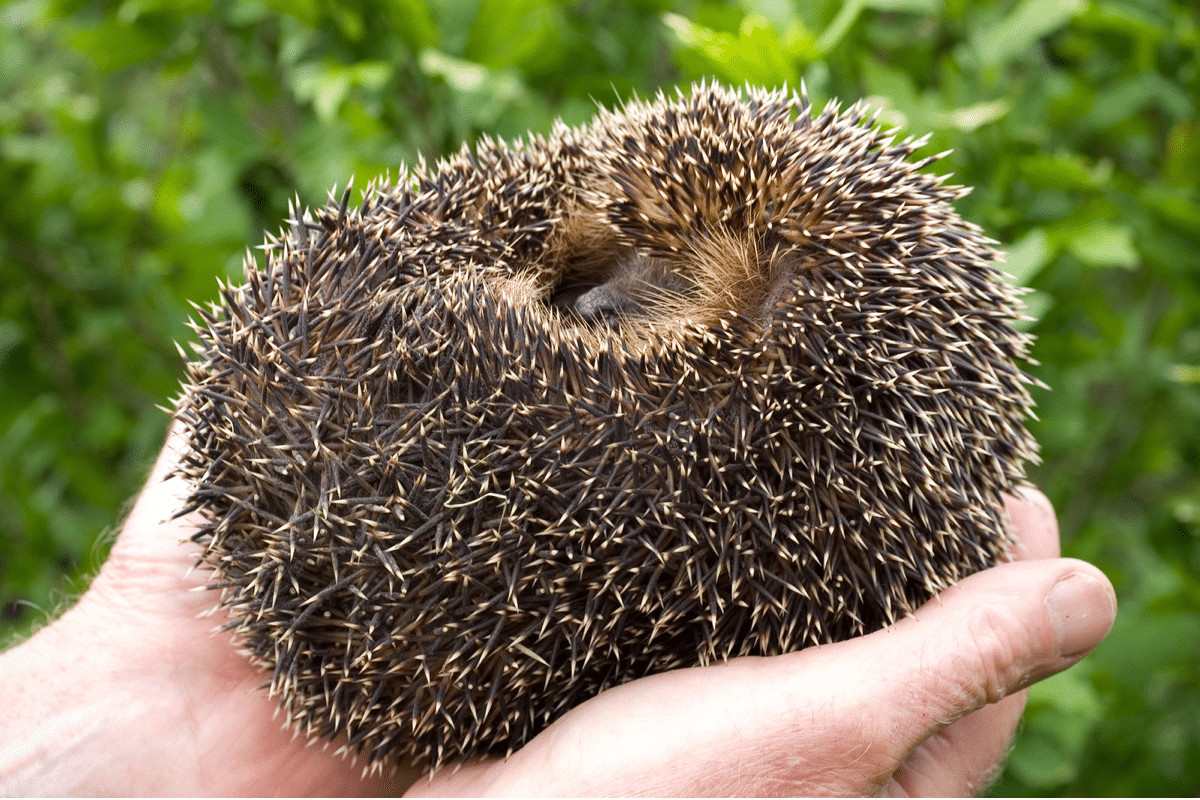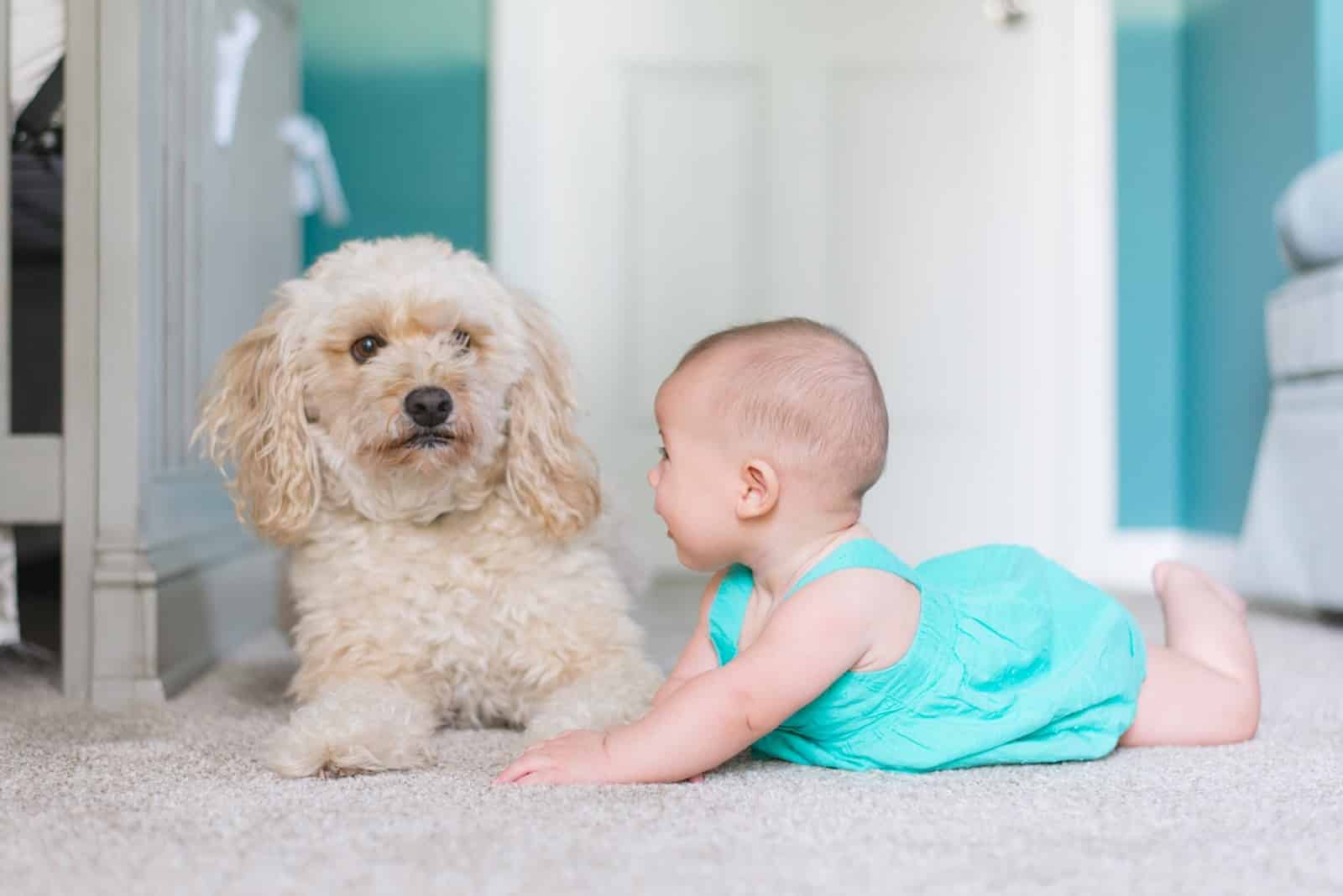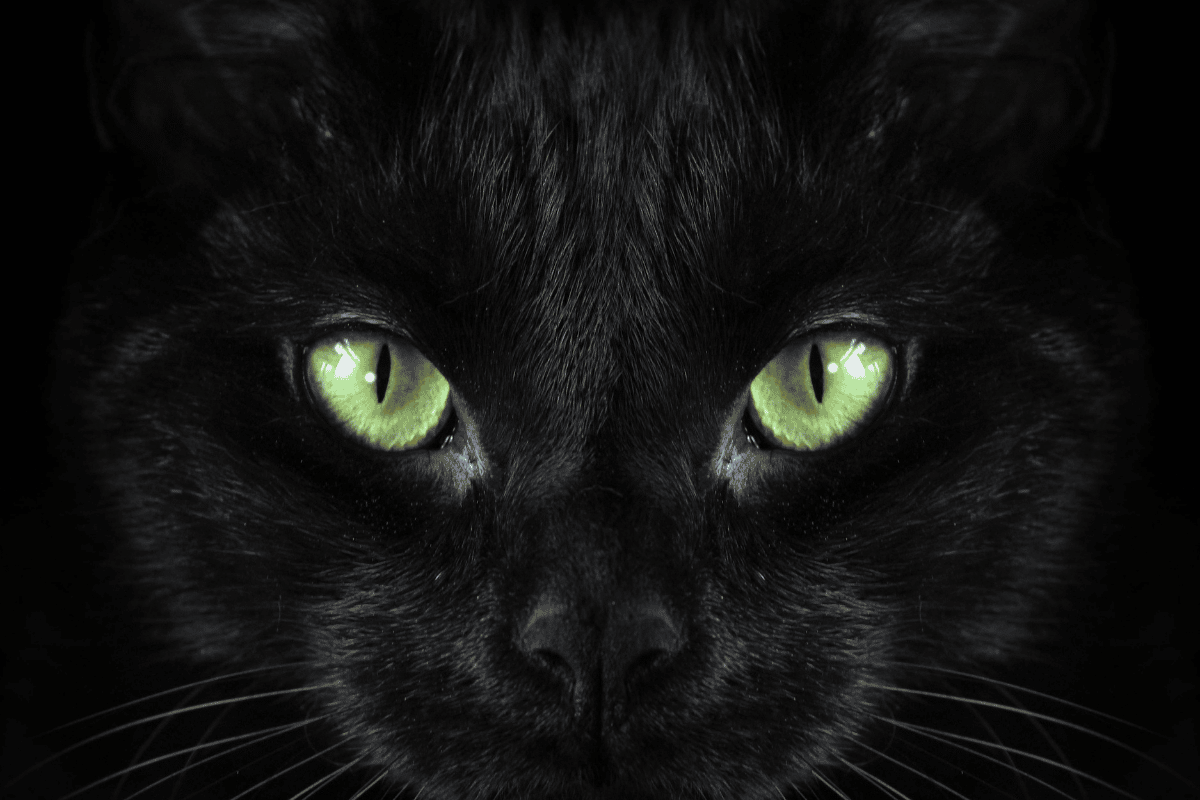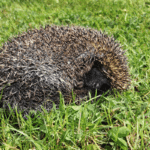How much do rabbits cost? Between housing, food, and veterinary care, the cost to keep a rabbit can be surprisingly high. Before bringing any pet home, it’s important to be certain that you have the resources to care for it properly.
The Costs of Rabbit Ownership
The adoption fee is only the beginning. Like all animals, rabbits have basic needs. It’s up to us to meet those needs, and to plan for a few extras to give a bunny its best life. Owning a rabbit isn’t cheap, but, despite the cost to keep them, it can be very, very rewarding.
Here are a few costs to bear in mind.
Rabbit Adoption Fees

When you purchase a rabbit from a pet store or a breeder, you’re paying for the rabbit alone. But when you adopt a bunny from a rescue organisation or a shelter, you often get a bit more for your money. These extras may include:
- Temporary insurance for your pet or pets
- Spay / neuter services
- Initial course of vaccinations
- Behavioural training (if necessary)
You also know that your money will help the shelter or rescue to continue its work supporting pets.
How much can you expect to pay in terms of adoption fees? Fees can vary widely, but expect to pay a minimum of £20 per rabbit. If you’re purchasing a purebred bunny from a breeder, you might pay £50 to £100, or even more.
Housing
As far as initial costs go, the cost of housing is probably the steepest. Pet rabbits need a lot of space, both for living and for exercise.
How much space? Well, the Rabbit Welfare Association and Fund recommends a hutch that measures a minimum of six feet long by two feet high by two feet deep. And that doesn’t include exercise space.
Thinking about two bunnies? You should. Rabbits need companionship with their own kind. They’re social animals, and two rabbits are generally happier than one. Of course, two rabbits will need twice the space, and that comes at an increased cost.
A rabbit hutch and run combination can cost a lot. Building your own can help to control costs. But if you choose to purchase a high quality hutch and run for your bunny or bunnies, expect to pay an average of around £100-150 for each piece.
Food

Food is one of the ongoing costs pet owners face. The prices of foods will vary according to type and quality. The costs may also vary according to how much your pet eats.
Rabbits should eat a diet that is mostly high-quality hay. Some rabbit owners like to supplement hay with pellets. And all rabbits enjoy rabbit-safe fresh veg and greens.
The RWAF estimates the average monthly cost of hay and other food for a single rabbit to be around £25-£45.
A well-cared-for pet bunny can live ten years or even more, so the lifetime cost of food and hay alone can run into hundreds of pounds.
Bedding
Bedding or litter is another one of those ongoing costs. Owners of small pets often use bedding on the floor of a hutch or cage. Bedding provides insulation and is a soft layer between the floor and a rabbit’s feet. Different types of bedding include:
- Wood chips
- Paper pellets
- Compressed wood pellets
- Hay or straw
- Shredded cardboard
- Shredded newspaper
Unfortunately, bedding often ends up soiled. Rabbit owners should change their rabbits’ bedding at least once a week — more often than that if it becomes soiled.
The cost of bedding can be as much as £10 a week .
Accessories
Accessories such as food bowls and water bottles are generally one-off costs. Neither food bowls nor water dishes are particularly expensive, but there are a lot of other extras you may decide to buy for your pet rabbit, including:
- Toys
- Treats
- Weatherproofing accessories
- A nest box
- Tunnels
- Grooming accessories
And so forth.
Expect to pay around £5 for a food dish and the same for a water bottle. Any toys or extras, and their cost, are up to you.
Spay and Neuter

Do you really need to spay and neuter your pets? Unless you’re planning to breed your pets, we would recommend it. Fortunately, this is another one of your one-off costs, and once it’s done, you won’t need to do it again.
Why spay and neuter? The obvious reason is that it’s notoriously difficult to sex a rabbit. You may think that you have two male rabbits or two females, and find that you’ve actually brought home an opposite sex pair.
Fortunately, an opposite sex pair makes for the easiest type of bond. Spaying and neutering will prevent a surprise litter of kits.
Spaying and neutering can also help to prevent fighting. And it will keep male rabbits from spraying urine to mark their territory.
Spaying and neutering can be expensive. Spay surgery is more complicated than neuter surgery, and will cost more. But don’t think of the cost; think of the benefits, from peace between your rabbits to a reduction in risk for certain types of rabbit cancer.
The RWAF estimates a cost of £180 to neuter a rabbit pair. The price may vary by area, however. Also, some organisations provide rabbit spay and neuter services at a reduced price.
Veterinary Care
Even healthy pets will need to see a vet from time to time, whether for booster vaccinations or other services. Veterinary treatments aren’t cheap, and emergency vet fees can be exorbitant. On top of that, rabbits are considered exotic pets, and some general vets won’t treat them.
Before you bring your rabbit home, make sure you have a vet picked out. The RWAF’s list of rabbit friendly vets in the UK is a good place to start.
Some rabbit owners purchase pet insurance to help with costs. We’ll talk more about this below.
The RWAF estimates an annual cost of around £150 for vaccinations alone. But you might also want to bring your rabbit to the vet for things like:
- Cleaning anal glands
- Trimming nails
- Dental care
- Digestive issues like GI Stasis
- Monthly flea control
- Monthly worm treatments
- Flystrike prevention
And more.
PDSA recommends setting aside some £70 per month for routine veterinary care.
Pet Insurance
Considering how much vet care can cost, some pet owners purchase insurance for their rabbits and other pets.
The RWAF estimates an average cost of £15 per month (an annual cost of around £180) to insure a pet rabbit. This price can vary, however, depending on your rabbit’s age, previous illnesses, and general physical condition. Different breeds may also cost more to insure.
In addition to private insurance, some veterinarians offer their own monthly care plan. This plan may cover vaccinations and routine care. Some plans also come with a discount for emergency services.
These plans have an average cost between £15 and £20 per month, though individual veterinary offices set their own prices.
Is pet insurance worth it? That depends. If you think you’ll have trouble affording a sudden emergency vet bill, insurance may be worth the small monthly cost. On the other hand, some pet owners prefer to pay for care as the need comes up.
How Much Do Rabbits Cost – The Grand Total

Owning a pet rabbit can be expensive. Between a hutch, run, food and water dishes, toys, and so forth, setup costs alone can be pretty steep. Add annual costs of around £1,500, and suddenly that bunny is no longer looking like a cheap, easy pet for your kids.
On top of that, rabbits can live ten years or more, bringing their lifetime care costs to around £15,000. And that’s a modest estimate.
Rabbits are adorable, and can make wonderful pets. With proper care, they can provide a decade or more of companionship.
But that care can be expensive. So before you bring that bunny home, it’s important to know that you can afford to give them everything they need. Their lives are in our hands.
What’s the most expensive part of owning a rabbit, in your opinion? Tell us about it!





